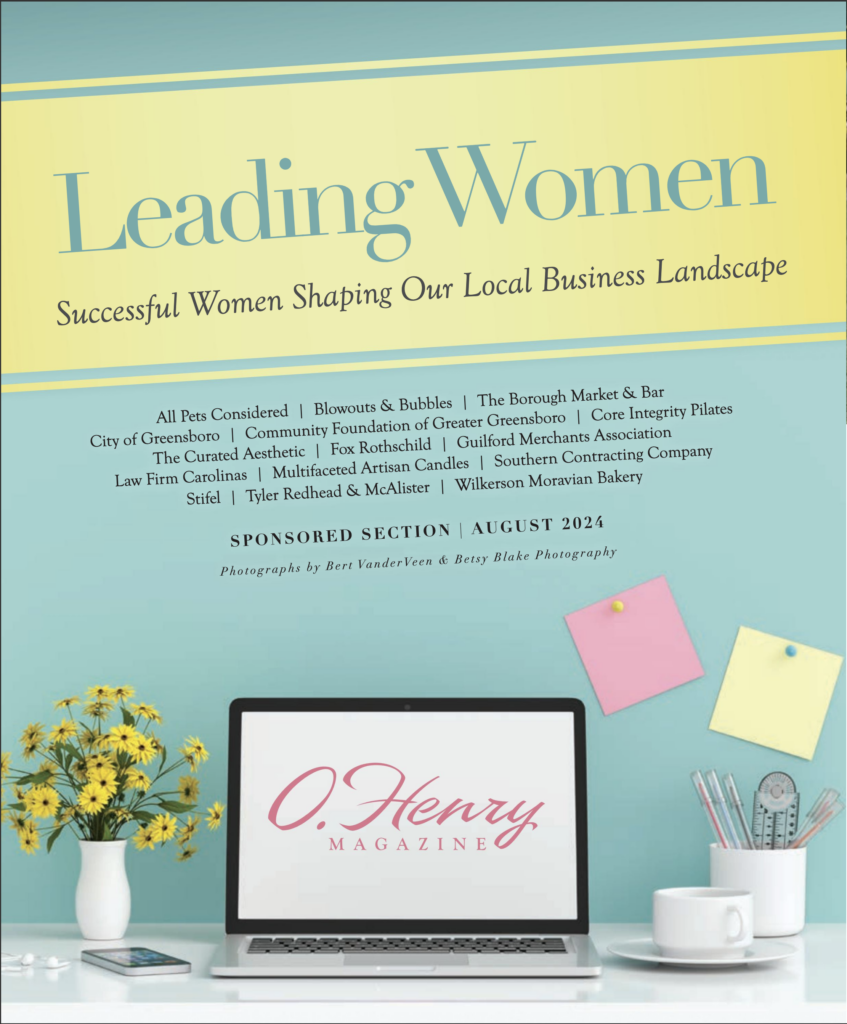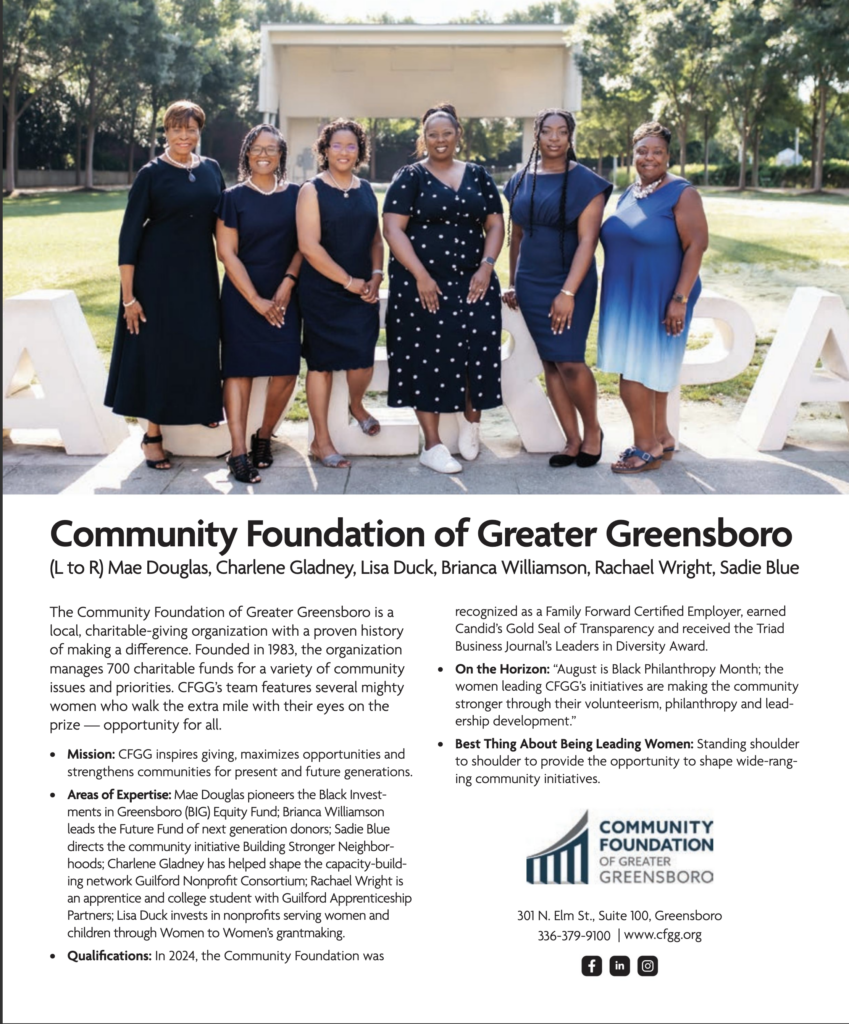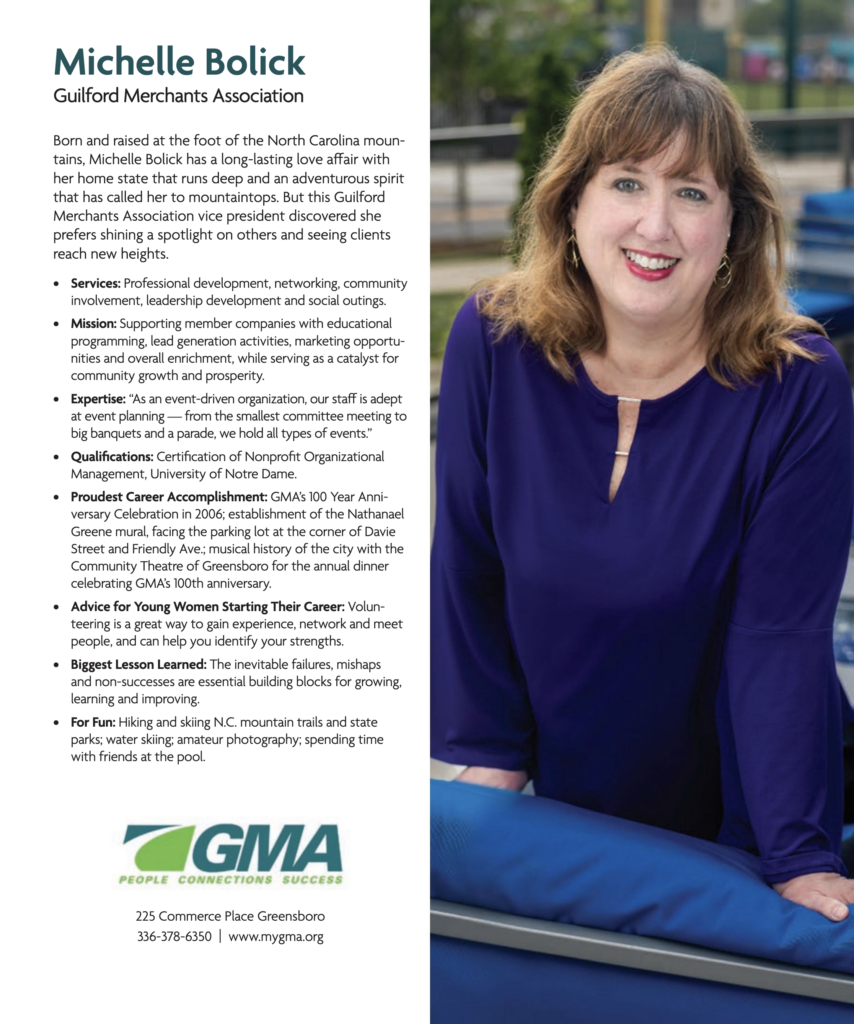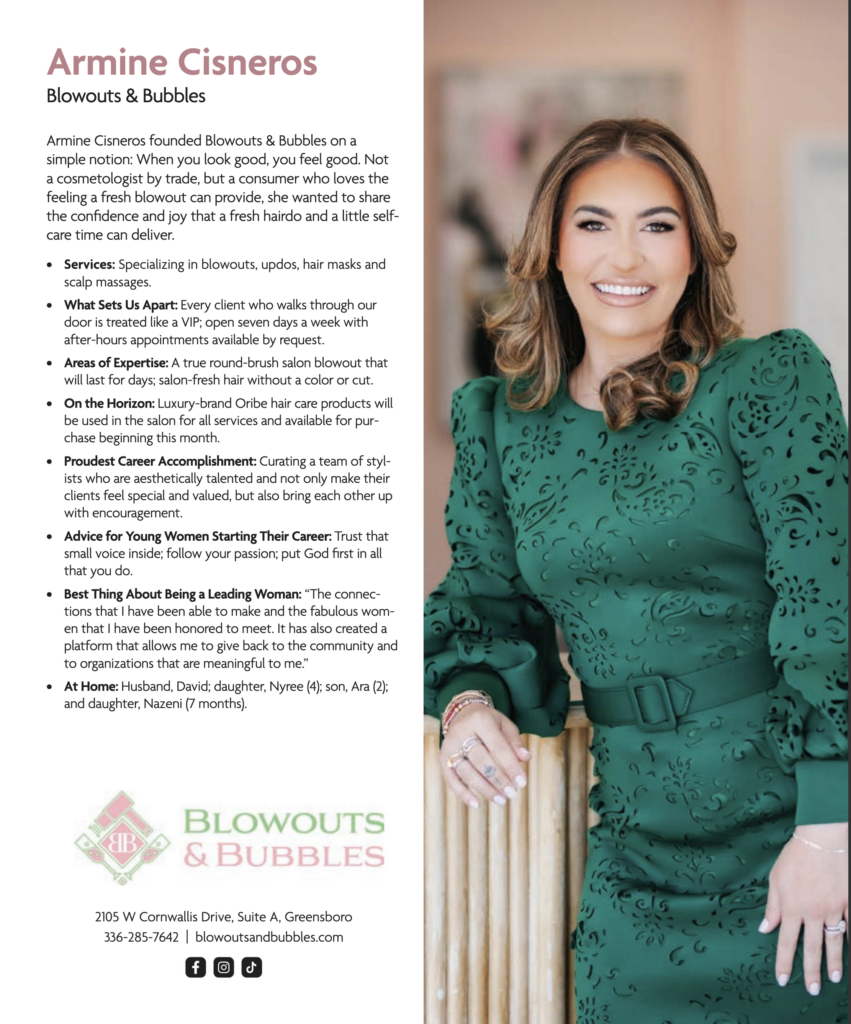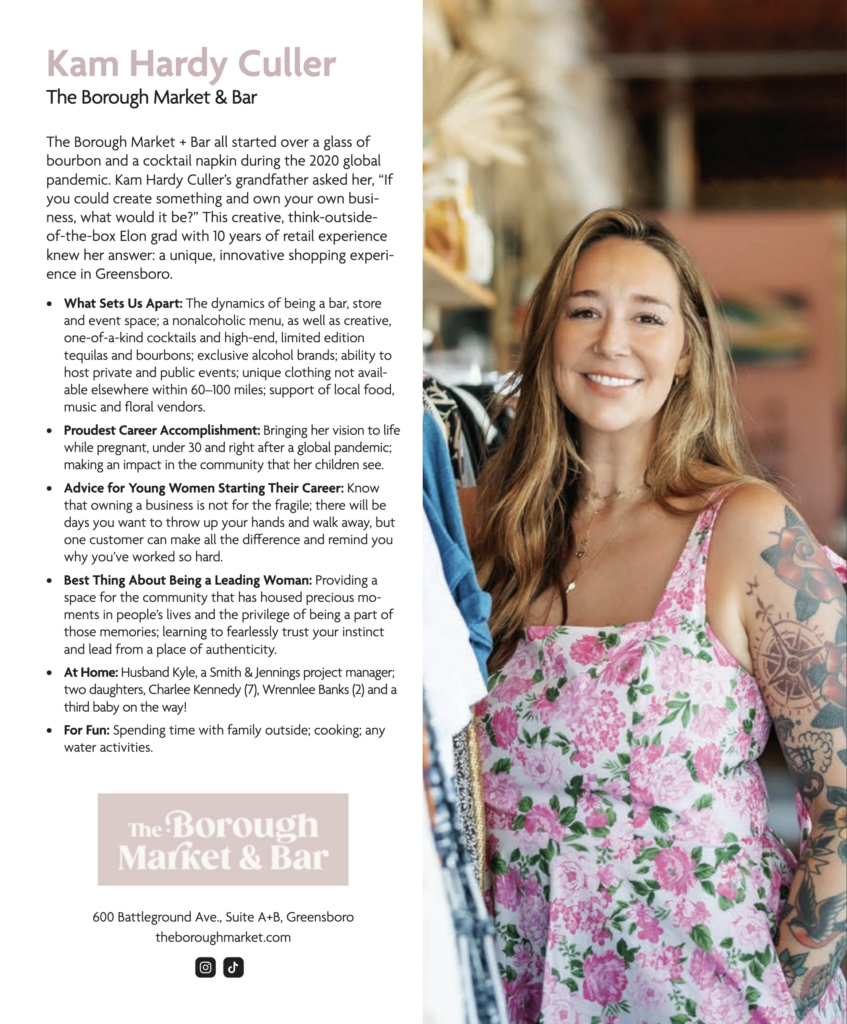SAZERAC August 2024
SAZERAC AUGUST 2024

Sage Gardener
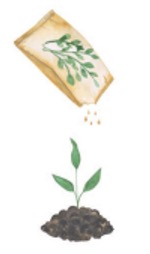
After reading The Orchid Thief (which I unreservedly recommend), I’ve started calling Anne, my wife, the Seed Thief. Her cache of stolen — and also saved-from-the-garden — seeds is vast. One day, she said, “Why don’t you write about saving seeds, O Sage Gardener.”
So . . . here’s why I’m NOT writing a column about saving seeds.
Let’s start with this response from an online permaculture forum: “Why do something poorly, when I could instead support someone who does an amazing job at seed saving/plant breeding?” The permaculture curmudgeon adds, “In my region, there is no shortage of amazing small farmers selling open-pollinated, regionally-adapted, unique varieties.”
Guilford County’s annual Passalong Plant Sale comes to mind. And there’s also the annual Sown and Grown Seed Swap Weekend at Old Salem, which has featured heirloom dinners in the past.
But let’s get down to the nitty-gritty topic of plant sex. Whether plants have sex with themselves or with insects is a topic that’s way above my pay grade. However, the N.C. State Extension Service has an army of plant experts who understand the mysteries of the birds-and-bees that produce the next generation of plants. “When saving seeds, make sure you are collecting from open-pollinated varieties,” advises Emilee Morrison from Onslow County. (More about open-pollinators in a minute.) “Because of their diverse parentage, hybrid plants will not produce consistent, reliable offspring when you save their seeds.”
Dusty Hancock, a Master Gardener volunteer from Chatham County, has even more discouraging words about plants with diverse parentage: “Seeds from hybrid plants may be sterile, but, if not, it is difficult to predict the characters of the resulting offspring.” He goes on to say that plants from hybrid seeds will be a new combination of the best and worst traits of the original parents. In other words, the seeds you save from that extraordinary okra plant with boocoodles of perfect pods might have the characteristics of a parent that, though drought resistant, produced itty-bitty pods.
So . . . if you really want to play it safe, you need to make sure that the seeds you’re saving come from heirloom plants, all of which are so-called open pollinators, meaning they are pollinated naturally by birds, insects, wind or human hands.
So far, so good — but there’s a catch, says Emilee: “If you grow more than one variety of a crop, you will need to take some precautions to prevent cross-pollination between varieties. Cross-pollination will result in unexpected characteristics in your plants in subsequent generations.” I’m not about to venture into the area of scraping the seeds out, drying them on a screen or in a hydrator, storing them so bugs and humidity don’t ruin them . . . because I’m not going to write about saving seeds. And, from the permaculture curmudgeon, here’s a compelling reason: “I just really, really love buying seeds. Maybe it’s materialistic of me, but pouring through catalogues is what gets me through the winter!”
— David Claude Bailey
Window to the Past
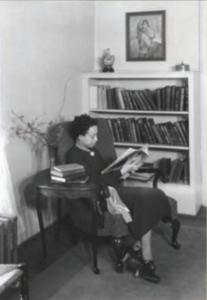
“Then it was that books began to happen to me, and I began to believe in nothing but books and the wonderful world in books — where if people suffered, they suffered in beautiful language, not in monosyllables as we did in Kansas.” — Langston Hughes, The Big Sea
Unsolicited Advice
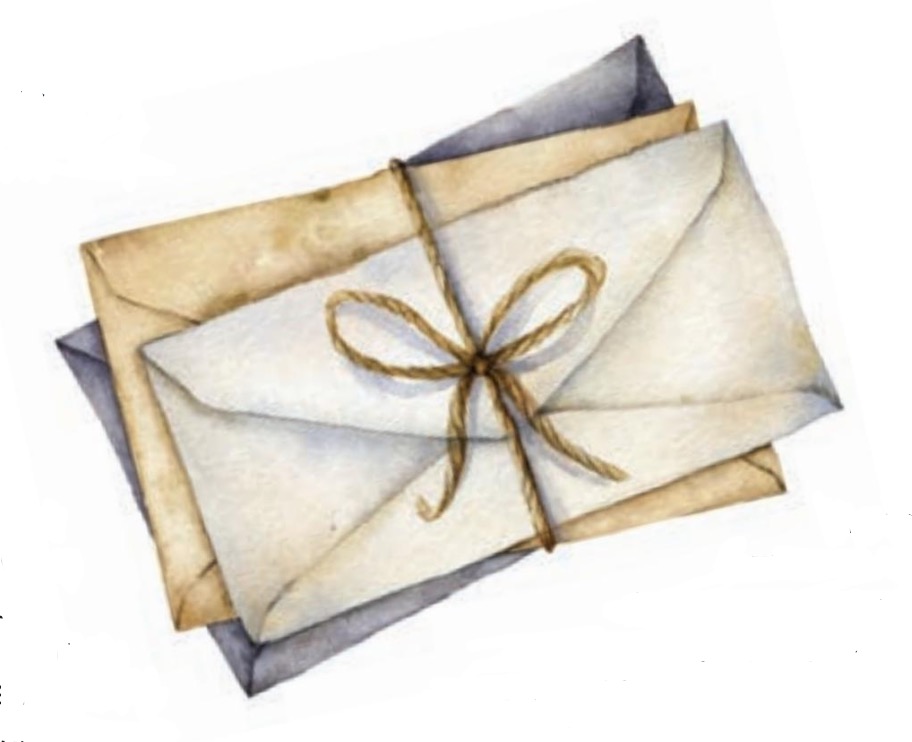
Soon enough, we’ll see the flashing lights and hear the squeaking brakes of big, yellow buses as they roll through our neighborhoods. Kids will be going full-STEAM ahead — as in Science, Technology, Engineering, Art, Math — as they head back to school.
But, now that we are grown adults, according to our driver’s licenses, we have some ideas about necessary school subjects.
Phone Basics: More Than a Texting Device. We know, we know. Your smartphone features a handy-dandy voice mailbox that allows you to avoid calls, and, instead, listen to messages and respond via text, safely steering clear from any potentially empathetic human contact whatsoever. But — this may come as a shock — you can actually answer your phone. Repeat after us: “Hello?”
Taxes and You: Sam Is Not the Fun Uncle. Pythagoras’ theorem about right triangles is really a-cute, but Uncle Ben Franklin once observed that nothing is certain other than death and taxes. So why not study deductions and learn how to properly fill out W9s? Had we done that, we would’t be left feeling so, well, obtuse.
Handwriting: The Wet Signature & the Curse of the Cursive. In our modern, digital world, penmanship doesn’t seem so important. And frankly, we’re coming up dry on a good reason why you might need it. But hey, we’re an arts publication and we don’t want to see any form of art lost. Don’t agree? Please mail a handwritten letter to the editor.
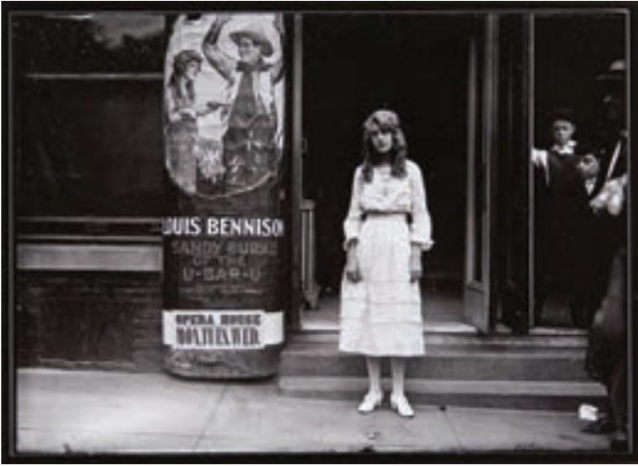
Just One Thing
Go ahead. Try not to be drawn into this photograph, taken in 1913 to herald the screening of a silent movie starring Smilin’ Cowboy Louis Bennison as Randy Burke — smiling even when held at gunpoint by Virginia Lee, as seen in the poster. Is that her or a local look-alike posing none too enthusiastically for a promotion in Newport, Rhode Island? Who are those children on the right, one impudently staring at the photographer, Marshall Hall, an AP correspondent?
When artfully reprinting the photo in 1970, Brian Pelletier obviously was unwilling to crop out the bystander heedlessly walking right into the photo just as the shutter closed. Featured in Weatherspoon’s exhibit that goes up on Aug. 13, “Interpreting America: Photographs from the Collection,” the images on display “illustrate what artists have had to say about American culture from the late-19th to the early-21st centuries.” Americans have always loved sappy Westerns, like this one in which our brave hero saves an orphan after her father is killed in a saloon, is mistaken for a desperado, wins enough money in a poker game to pay off the Widow Mackey’s mortgage, and falls head over heels for a rancher’s daughter, who “takes his revolvers and orders him to put his hands up — and then around her.”
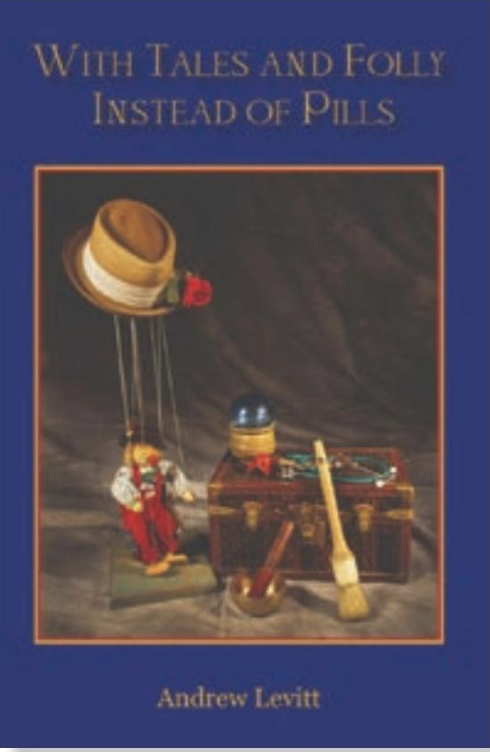
The Write Stuff
When Andrew Levitt set out to brighten children’s spirits in their hospital rooms, he wasn’t just clowning around. In our December 2022 issue’s “The Fezziwigs Among Us,” founding editor Jim Dodson introduced us to Levitt, whose “charming medical clowning lasted almost a decade, touching the lives and cheering up thousands of kids, young people, parents and staff.” Levitt, who had a lifetime of performance under his belt — everything from miming to acting and clowning — officially became Dr. Merryandrew on April Fools’ Day years ago. The date? A funny coincidence. And, yes, Levitt does, indeed, hold a bona fide University of Pennsylvania Ph.D. — in folklore, fittingly. In his new memoir, With Tales and Folly Instead of Pills, Levitt takes us behind the doors of Moses Cone Hospital, sharing stories he regaled patients with to bring, well, levity to hardship. After all, he writes, “Maybe if more people hear the old stories, there will be more people around who know that life is full of magic and miracle.”


